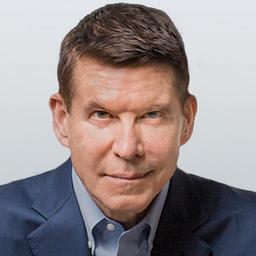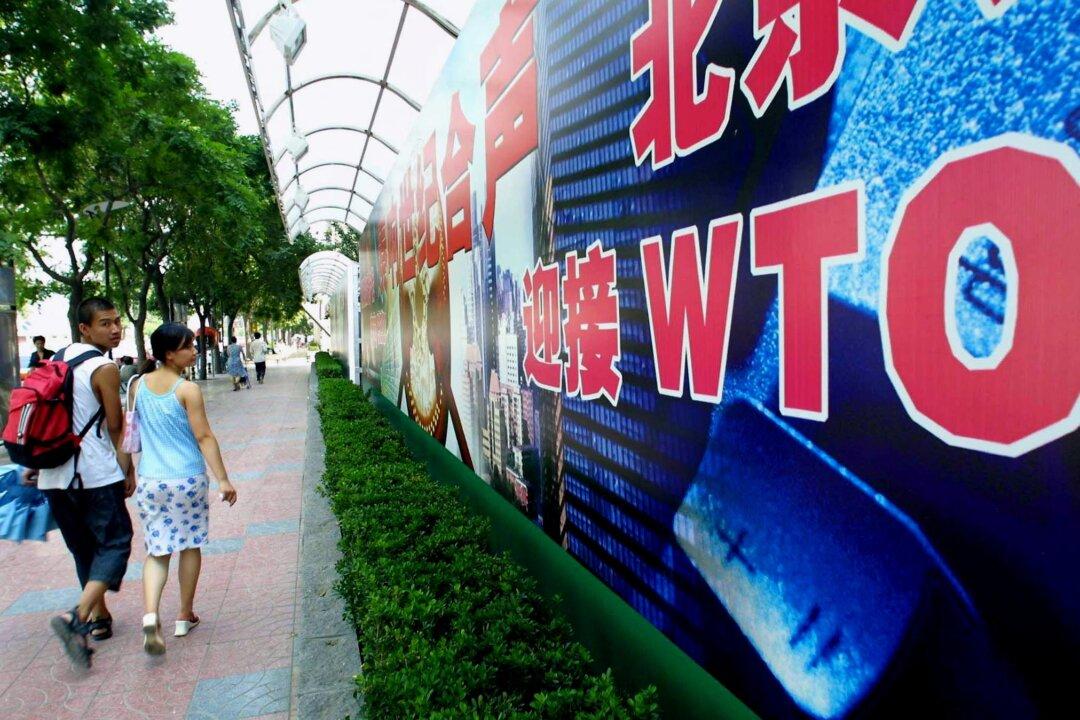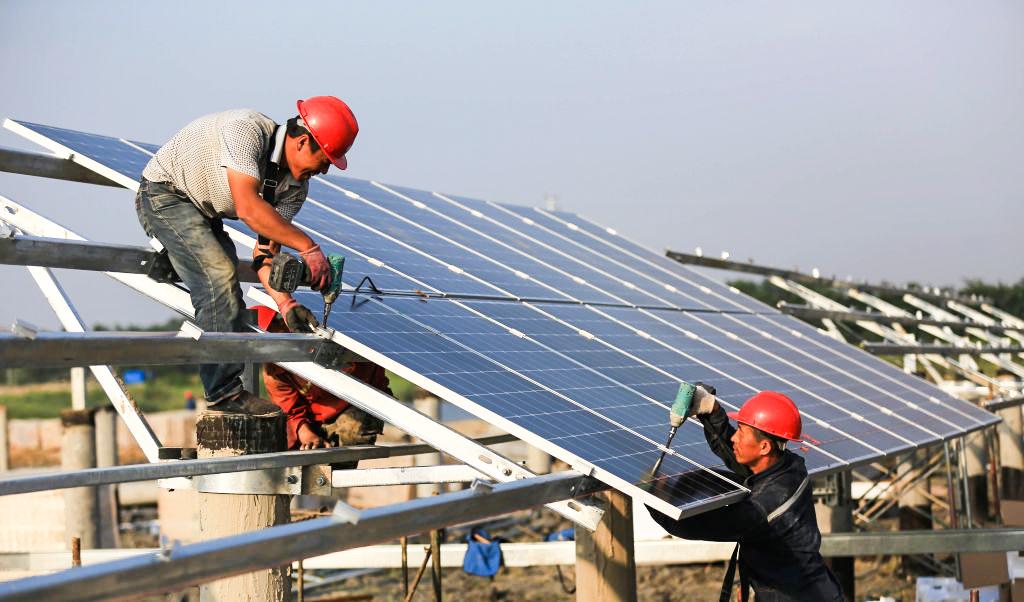Commentary
Throughout my career, I often said “corporate responsibility is social responsibility.” Nothing exemplifies an attempt to make that a reality today as much as ESG, or “Environmental, Social, and Governance” criteria, that an increasing number of companies and corporations are signing up for.




